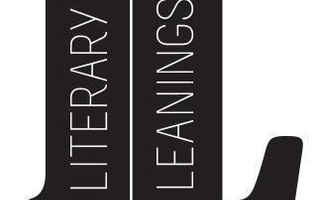What will motivate children more: a text message saying, “Be as good as you can be” or one saying, “List three ways that you can become a better person”?
Psychology professor Ellen J. Langer is betting on the latter. She plans to test this hypothesis by conducting a study on power texting—the exchange of motivational text messages—in conjunction with the BEM Foundation.
The BEM Foundation, a nonprofit organization whose name stands for Believe Every Moment, coined the term “power texting” to describe its unconventional mentoring program. The organization pairs inner-city youth in the Washington, D.C., area with adult mentors who send their mentees power texts on a regular basis.
“Professionals are busy and don’t have time,” said BEM co-founder Ronald Mitchell. “This will allow you to mentor a kid and make it so simple, so easy, that it will take 40 seconds of your time.”
Mentors in the program log on to a website, choose an inspirational message from a drop-down menu, personalize it, and send it to their mentees.
The inspirational messages range from straightforward advice such as “Study hard and study long” to compliments like “How does it feel to be brilliant and cool? Have a great day.”
Langer said she believes she can improve the effectiveness of these text messages by drawing on her theory of mindfulness—the process of actively noticing new things, relinquishing preconceived notions, and then acting on new observations.
She claims that mindfulness coincides with lower stress levels and a decline in negative evaluations of oneself and of others.
As part of her study, Langer plans to send “mindful texts” to one group of BEM mentees, while a control group will receive BEM’s current stock messages.
Langer and her research team have drafted mindful texts that include messages such as, “Try to notice five good things about your teacher” and “Think of three situations in which it would be good to not look cool.”
Langer said she expects that the group receiving mindful texts will show more marked improvement in both academic performance and overall wellbeing.
Mitchell said he is thrilled to be working with Langer. He said he hopes to use her research, which he described as “brilliant,” to make a greater impact on youth in his program.
“We can rely on her theory, mobile technology, and [the BEM Foundation],” Mitchell said. “Merge them, and we can make a phenomenal impact.”
Read more in News
French Pastry Chef Shares CreationsRecommended Articles
-
 Piece of Mind? Piece of Cake
Piece of Mind? Piece of Cake -
Athena Conference Helps High Schoolers Re-Think GenderApproximately 40 Boston-area high school students grappled with gender and identity on Saturday at a day-long conference led by the Athena Program.
-
 Dashes, Commas, and Colons—Oh My!
Dashes, Commas, and Colons—Oh My! -
Illinois Dean Lectures on Literacy of African-American BoysAlfred W. Tatum, dean of the University of Illinois at Chicago’s college of education, gave a lecture Thursday outlining some possible approaches to improving the reading and writing skills of African-American boys.













